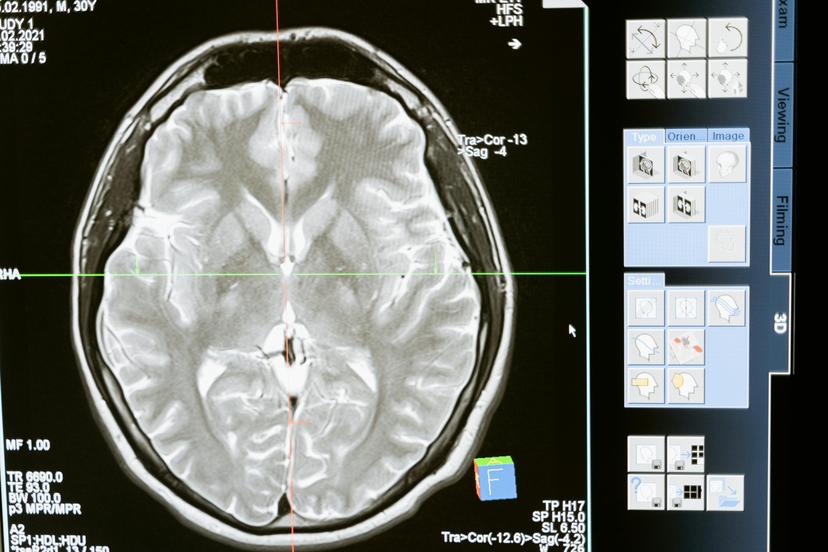
Chemotherapy for Colorectal Cancer
20 Oct, 2024
 Healthtrip
HealthtripWhen it comes to fighting colorectal cancer, one of the most effective weapons in the arsenal of medical professionals is chemotherapy. This powerful treatment has been instrumental in saving countless lives and improving the prognosis for patients diagnosed with this devastating disease. But what exactly is chemotherapy, and how does it work to combat colorectal cancer?
Understanding Chemotherapy
Chemotherapy is a type of cancer treatment that uses drugs to kill cancer cells or slow their growth. These drugs are designed to target rapidly dividing cells, which is a hallmark of cancer. In the case of colorectal cancer, chemotherapy is often used to shrink tumors, reduce symptoms, and improve overall quality of life. There are several types of chemotherapy drugs, each with its own unique mechanism of action and potential side effects. Some chemotherapy drugs are designed to kill cancer cells directly, while others may inhibit the growth of new blood vessels that feed tumors.
Most popular procedures in India
How Chemotherapy Works
When chemotherapy drugs are administered, they enter the bloodstream and travel throughout the body, reaching the site of the tumor. Once there, they attack the cancer cells, disrupting their ability to grow and divide. This can cause the tumor to shrink, and in some cases, even disappear. Chemotherapy can also affect healthy cells, which is why it's common for patients to experience side effects such as hair loss, fatigue, and nausea. However, these side effects are often temporary and can be managed with medication and other interventions.
It's worth noting that chemotherapy is not a one-size-fits-all solution. Doctors will carefully select the most appropriate chemotherapy regimen for each patient, taking into account the stage and location of the cancer, as well as the patient's overall health and medical history.
Wellness Treatments
Give yourself the time to relax
Lowest Prices Guaranteed!

Lowest Prices Guaranteed!
The Role of Chemotherapy in Colorectal Cancer Treatment
In the treatment of colorectal cancer, chemotherapy is often used in combination with other therapies, such as surgery and radiation therapy. This multi-pronged approach can be highly effective in treating the cancer and improving patient outcomes. For example, chemotherapy may be used to shrink a tumor before surgery, making it easier to remove. Alternatively, it may be used after surgery to kill any remaining cancer cells and reduce the risk of recurrence.
Adjuvant Chemotherapy
In some cases, chemotherapy may be used as an adjuvant therapy, meaning it's given after surgery to remove the tumor. This type of chemotherapy is designed to kill any remaining cancer cells that may have been left behind, reducing the risk of recurrence. Adjuvant chemotherapy can be particularly effective in patients with stage II or stage III colorectal cancer, where the cancer has spread to the lymph nodes or other parts of the body.
Studies have shown that adjuvant chemotherapy can significantly improve survival rates for patients with colorectal cancer. In one major study, patients who received adjuvant chemotherapy had a 30% lower risk of recurrence and a 25% lower risk of death compared to those who did not receive chemotherapy.
Targeted Therapies and Immunotherapy
In recent years, there has been a shift towards targeted therapies and immunotherapy in the treatment of colorectal cancer. These innovative approaches are designed to target specific molecules or cells involved in the growth and progression of cancer. For example, some targeted therapies inhibit the growth of new blood vessels that feed tumors, while others target specific genetic mutations that drive cancer growth.
Immunotherapy and Colorectal Cancer
Immunotherapy is a type of cancer treatment that harnesses the power of the immune system to fight cancer. This approach has shown particular promise in the treatment of colorectal cancer, where the immune system is often suppressed. By stimulating the immune system, immunotherapy can help the body to recognize and attack cancer cells more effectively.
One type of immunotherapy that has shown significant promise is checkpoint inhibitors. These drugs work by blocking specific proteins that cancer cells use to evade the immune system. By blocking these proteins, checkpoint inhibitors can help the immune system to recognize and attack cancer cells more effectively.
In conclusion, chemotherapy is a powerful tool in the fight against colorectal cancer. When used in combination with other therapies, it can be highly effective in treating the cancer and improving patient outcomes. As research continues to evolve, we can expect to see even more innovative approaches emerge, including targeted therapies and immunotherapy. With these advances, the prognosis for patients with colorectal cancer is likely to continue to improve, offering new hope for those affected by this devastating disease.
Related Blogs

The Role of Transforaminal Lumbar Interbody Fusion (TLIF) in Spinal Stenosis
Discover how Transforaminal Lumbar Interbody Fusion can help treat Spinal

Pancreatic Cancer Treatment Options
Get informed about the various treatment options for pancreatic cancer

Unlocking the Full Potential of Deep Brain Stimulation
Discover the latest advancements and innovations in Deep Brain Stimulation,

A New Era of Neurological Treatment: Deep Brain Stimulation
Explore the groundbreaking advancements and innovations in Deep Brain Stimulation,

The Miraculous Impact of Deep Brain Stimulation
Hear the inspiring stories of individuals whose lives have been

Deep Brain Stimulation: A Beacon of Hope for Epilepsy Patients
Discover how Deep Brain Stimulation is transforming the lives of










